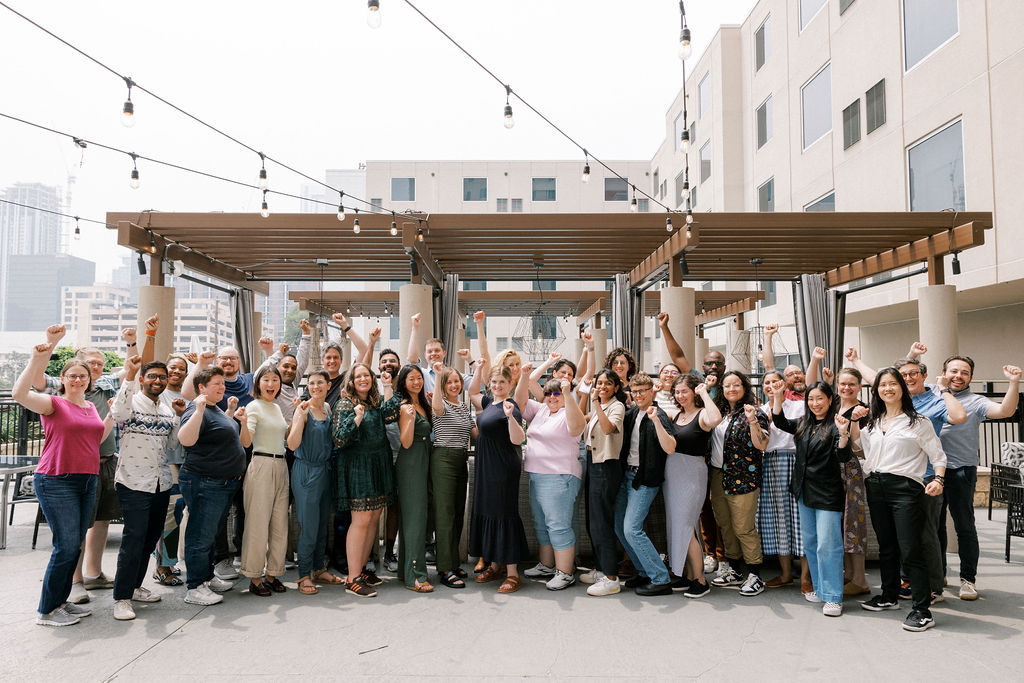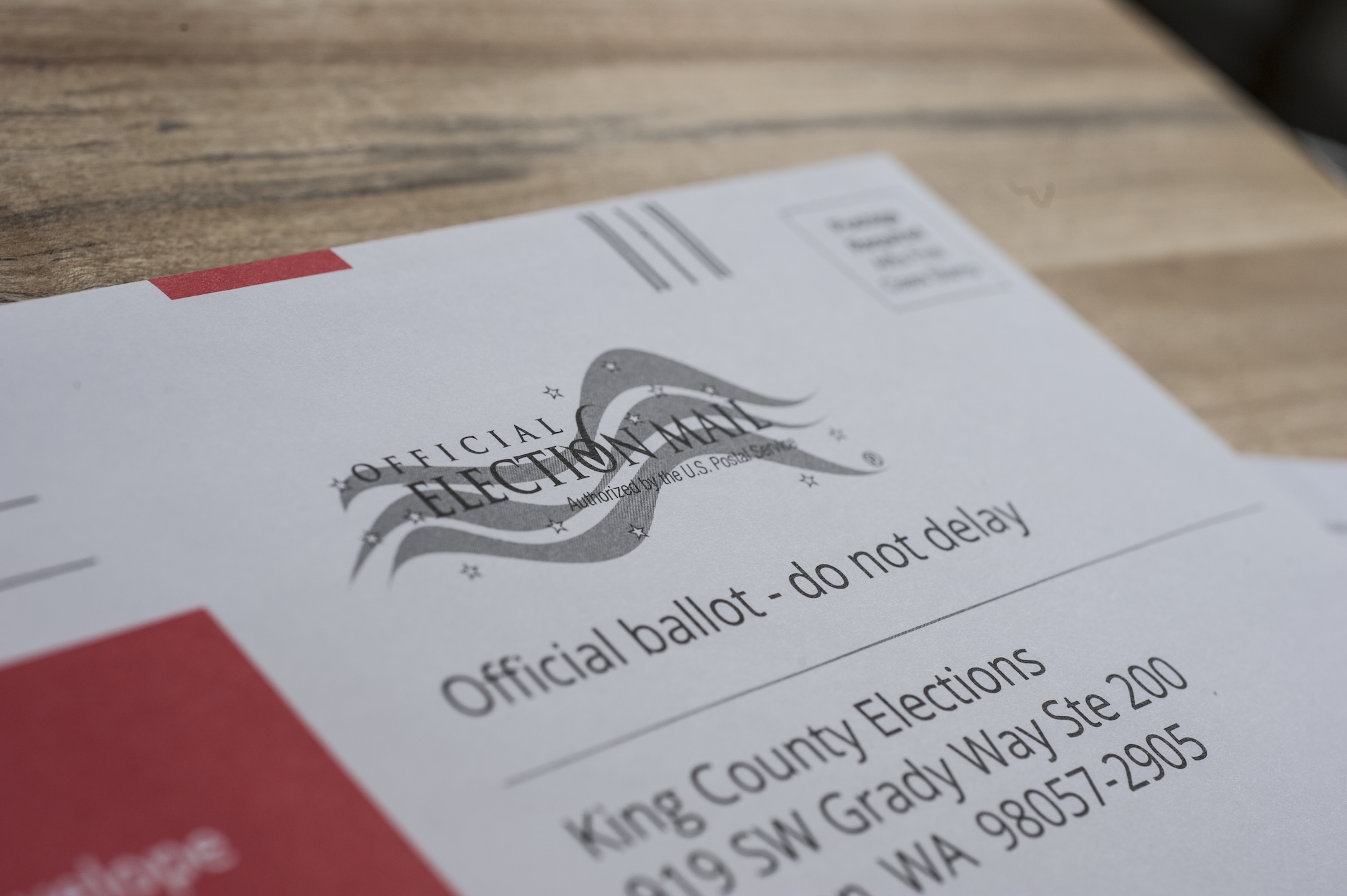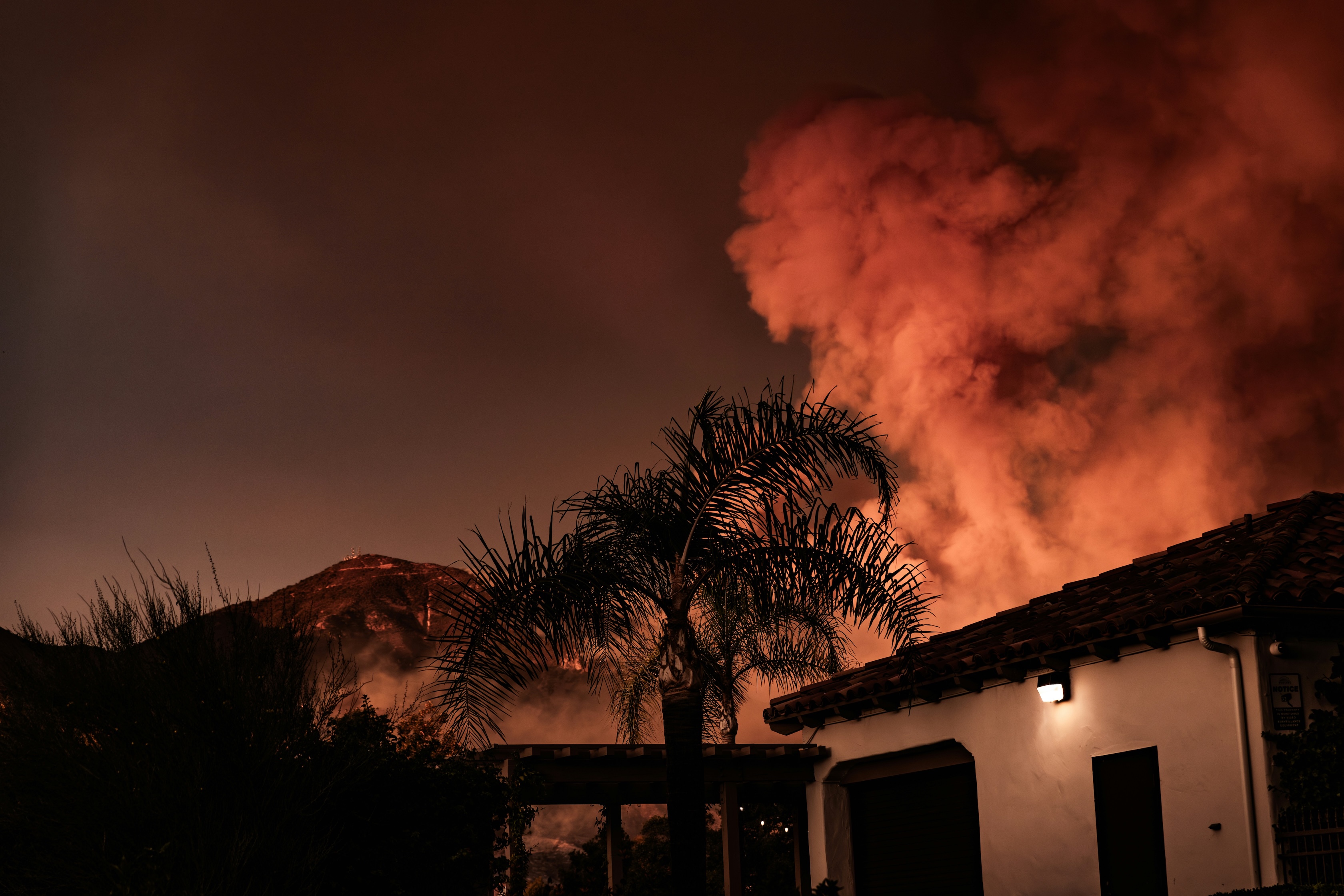Making vote-by-mail work
Steve Lund, technical product manager at USDR, shares how election offices are modernizing their back offices with Electionline
Check out case studies, reports, blogs, and other resources on how creating capacity helps deliver good government.


Steve Lund, technical product manager at USDR, shares how election offices are modernizing their back offices with Electionline


The 2025 Digital Service Champions Awards celebrate excellence in digital government modernization.


How AI-powered metadata generation will transform the City’s and public access to police oversight records.


USDR has announced the recipients of its 2025 Digital Service Champions Awards, which honor state and local government modernization efforts. December 04, 2025 • News Staff


The Seed Award highlights NJDOL as a national leader for developing solutions that grew to help multiple jurisdictions and are easily replicated. NJDOL’s UI and TDI/FLI teams leveraged the NJ AI Assistant, developed by the New Jersey State Office of Innovation, to create plain language glossaries and AI prompts to better meet the needs of all New Jersey workers.


Steve Lund, technical product manager at USDR, shares how election offices are modernizing their back offices with Electionline


The 2025 Digital Service Champions Awards celebrate excellence in digital government modernization.


How AI-powered metadata generation will transform the City’s and public access to police oversight records.


The author of New Jersey's generative AI guide said she hopes it will help keep others from "trudging through mud in the same ways."


Your agency’s existing position descriptions are not going to work for supporting an Agile vendor team. You’re going to need to promote an existing employee to the position of product owner, and hire a senior software developer to review the vendor’s work. Here’s how much work that is, and how other agencies have hired for these positions. By Waldo Jaquith


USDR partners with King County, WA, to assess and validate new approaches to verifying absentee ballots


How a rapid content strategy overhaul will help thousands of fire-affected residents find critical recovery resources